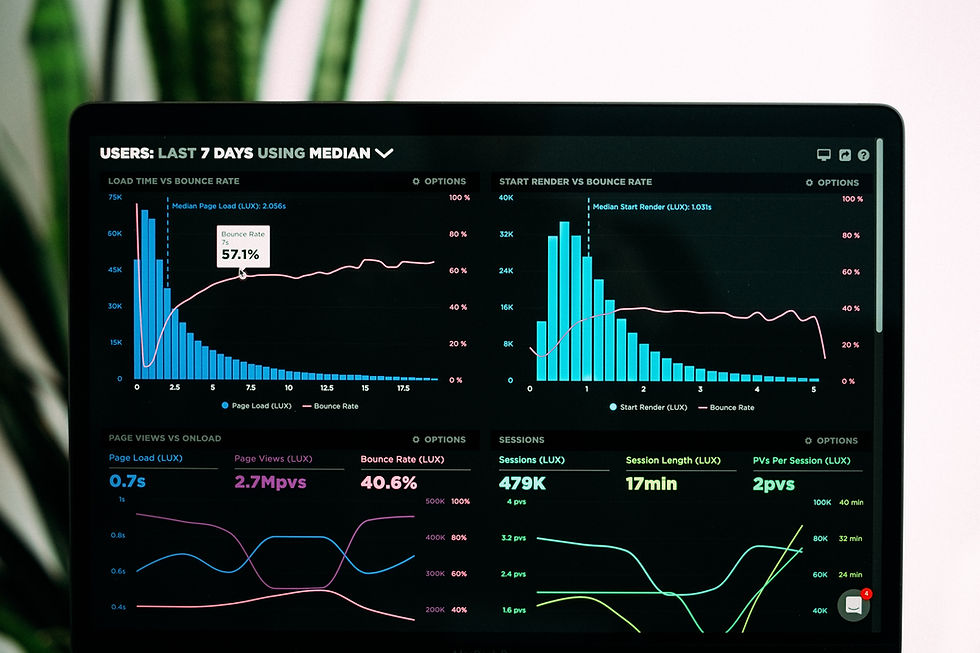Trust but Verify: Why Healthcare is Ultimately About the Personal Touch
- Andy Van Pelt

- Mar 19, 2025
- 2 min read
Artificial intelligence (AI) keeps making headlines in healthcare, with claims that it will transform everything from diagnosis to administrative tasks. But for those of us working in or navigating the healthcare system as patients or caregivers, the reality often falls short of the hype.
AI certainly offers promise. Machine learning models can process vast datasets, spot patterns, and generate predictions faster than any person. Generative AI tools, such as large language models, are being tested to assist with documentation, patient triage, and communication. The potential is exciting.
One of the clearest examples of AI making a difference is in medical imaging. AI tools are helping radiologists detect tumors, highlight abnormalities, and prioritize urgent cases. These tools aren’t replacing doctors—they serve as a second set of eyes, improving accuracy and helping reduce burnout in a demanding specialty. According to a 2022 review published in Radiology: Artificial Intelligence, AI models have demonstrated promising performance in detecting cancers and other pathologies, assisting radiologists in improving diagnostic accuracy and efficiency.
Clinical decision support systems powered by AI are also advancing. By reviewing patient data, they can suggest potential diagnoses or flag risky medication interactions. Ideally, this reduces errors and supports better patient outcomes. But these systems’ effectiveness depends on high-quality data and clinicians’ trust in the technology.
AI also shows potential in patient engagement. Virtual assistants and chatbots can handle basic questions, help with appointment scheduling, and even offer health coaching. Still, anyone who’s used a frustrating chatbot knows there is significant room for improvement before these tools feel truly helpful and human.
Of course, AI carries risks. If the data used to train these systems is biased, the results will be too. Mistakes made by AI could have serious, even life-threatening consequences. Privacy concerns also loom large as patient data is used to train these models. With regulations struggling to keep pace, healthcare organizations are left to navigate complex ethical and legal challenges.
The most valuable applications of AI right now are in targeted areas: imaging support, automating administrative tasks, and predictive analytics for population health. These uses can help free up clinicians to spend more time caring for patients rather than filling out paperwork. But AI is far from ready to replace the human judgment and empathy central to healthcare.
As someone working in healthcare and personally navigating the system, I’m both optimistic and cautious. AI can make healthcare more efficient, accessible, and even more compassionate—if it’s used wisely. But realizing that potential requires transparency, thorough testing, and always keeping patients at the core of every AI-driven decision.
Ultimately, healthcare is about trust, human connection, and relationships. AI may assist in many ways, but it will never replace the bond between patients, their loved ones, and the healthcare professionals who care for them. That personal connection is the heart of healthcare—and it always will be.




Comments